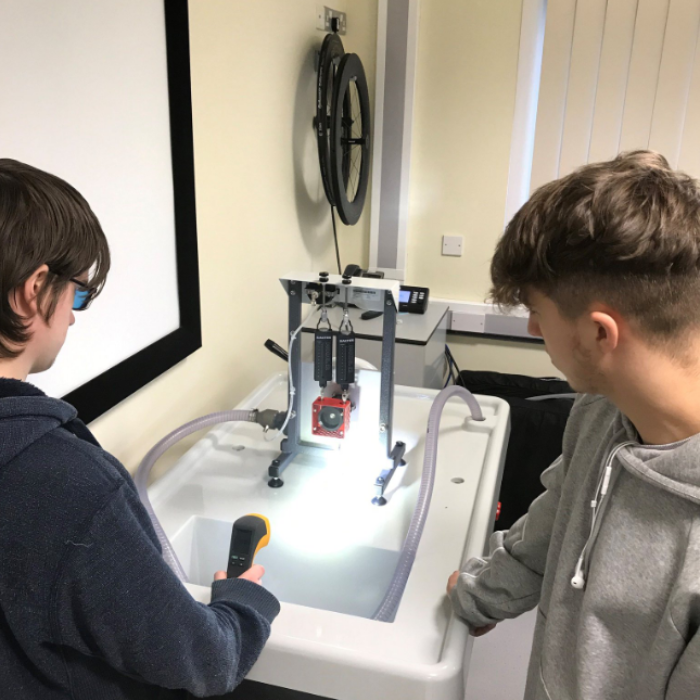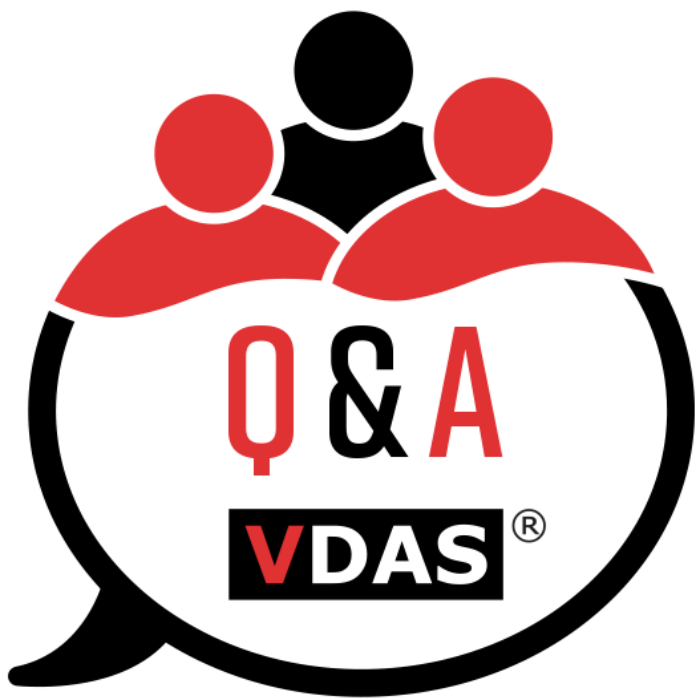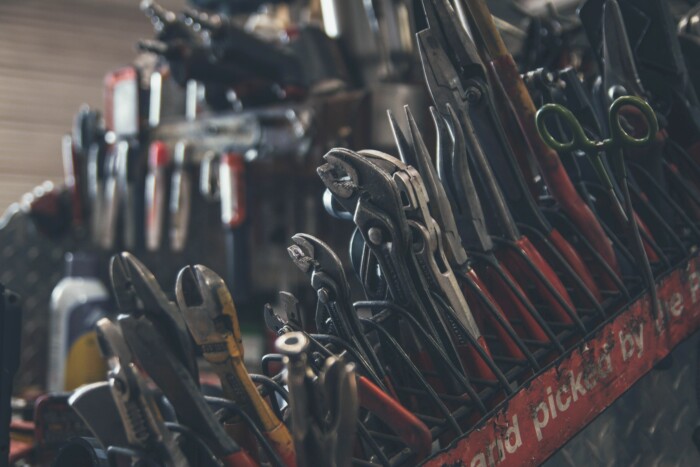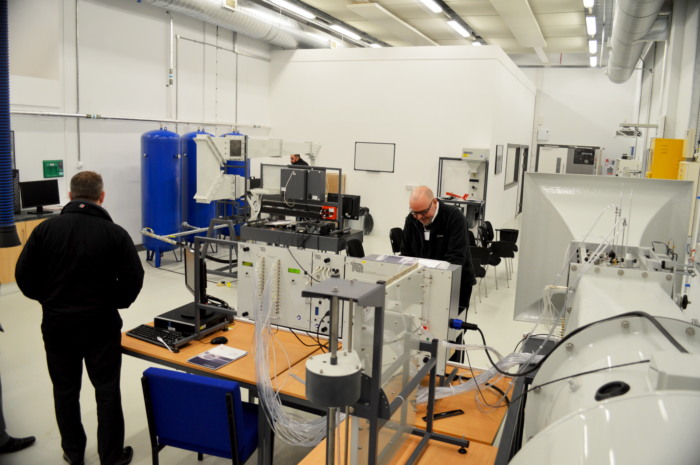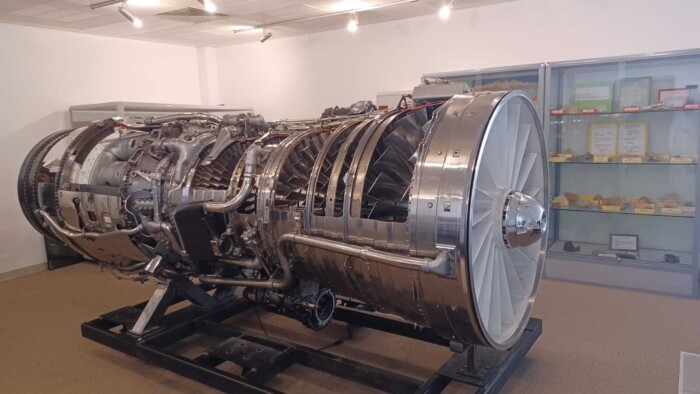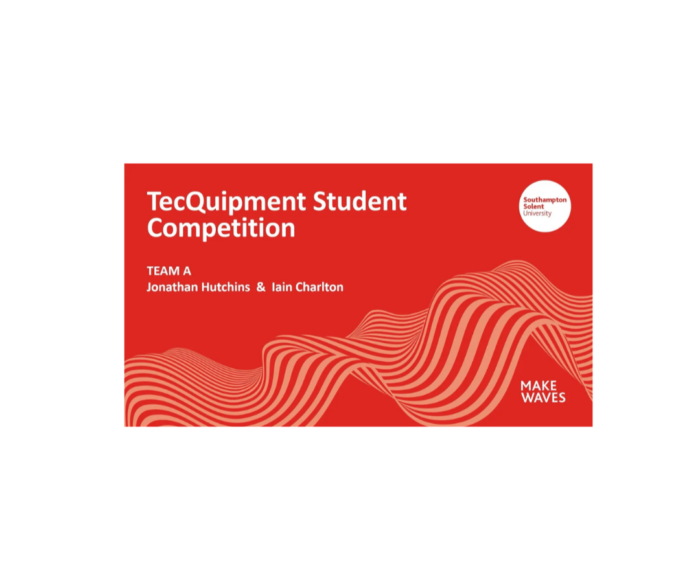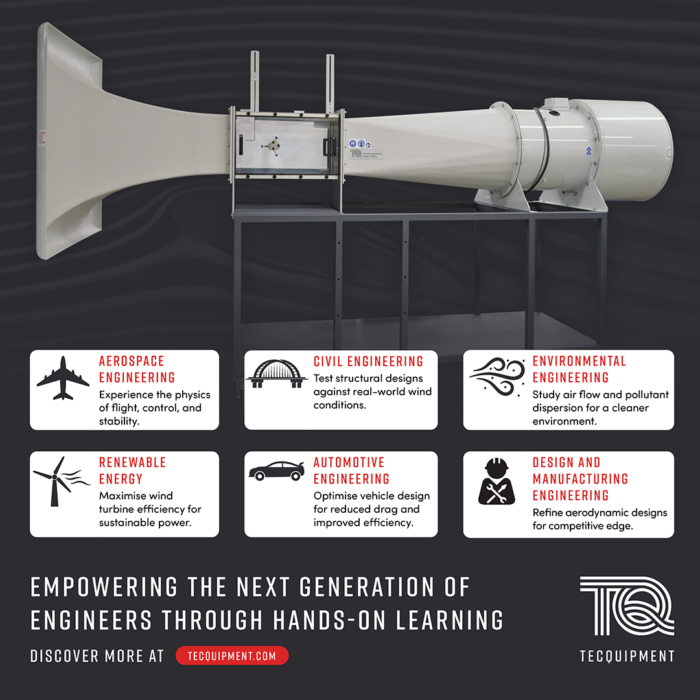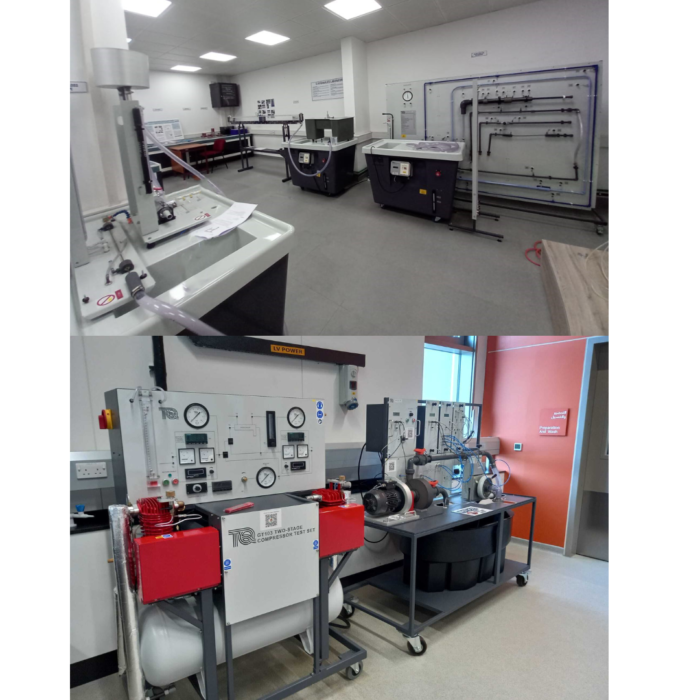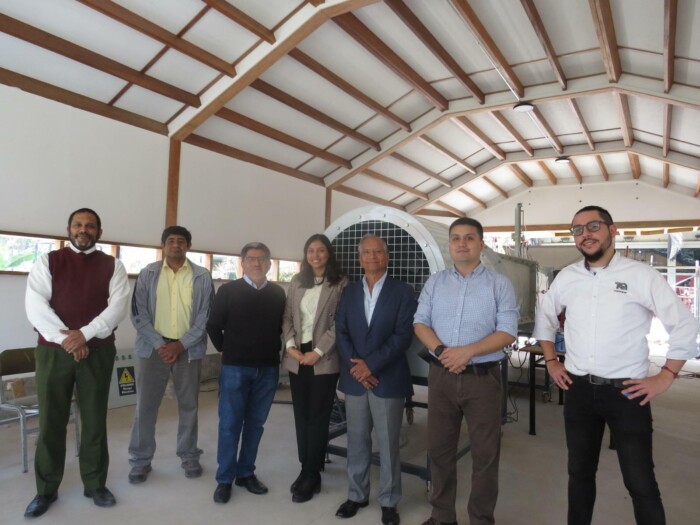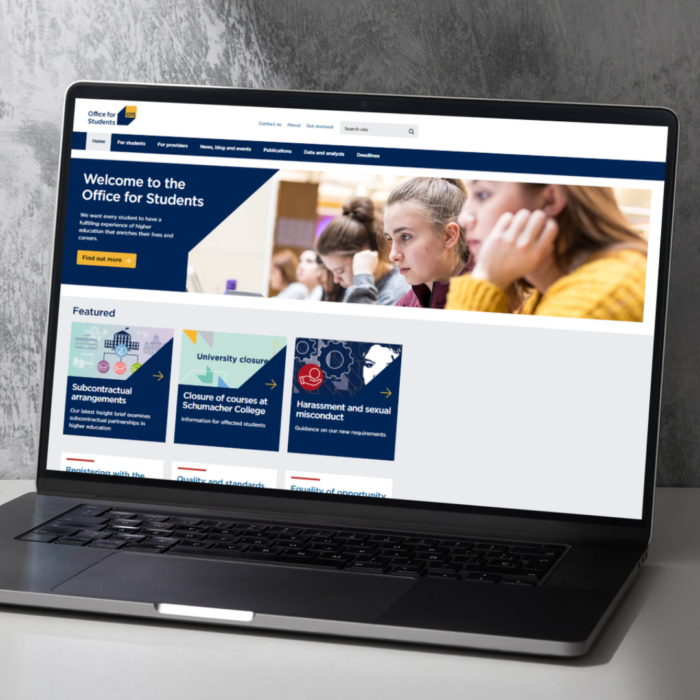Bridging the Gap between Theory and Practice
One of the most significant challenges in engineering education is ensuring that students can effectively translate theoretical knowledge into practical skills. While textbooks and lectures provide a solid foundation, they are only part of the equation. The real magic happens when students can apply what they've learned in a tangible, real-world context. This is where hands-on learning comes into play.
Engineering is a discipline rooted in problem-solving and innovation—skills that are best developed through experience. By engaging with physical equipment, students not only deepen their understanding of theoretical concepts but also learn to navigate the complexities and nuances that arise in practical applications. This experiential learning bridges the gap between the classroom and the workplace, making students more adept and confident as they step into their careers.
Fostering Critical Thinking and Innovation
Beyond the technical and practical benefits, hands-on learning fosters critical thinking and innovation and has the power to ignite passion, creativity and curiosity in students. Engineering is a field that thrives on these qualities.
When students are given the opportunity to touch, manipulate, and experiment with equipment, test theories, and see the results of their actions in real-time they experience the thrill of discovery and develop a deeper understanding of the concept: experiences that can inspire a lifelong love for engineering. More importantly, they learn to think like engineers: to question assumptions, to iterate on their ideas, be resilient and approach problems with a mind-set geared toward finding practical solutions.
When students engage with our teaching equipment, they are not just passive recipients of knowledge; they become active participants in their education. This active participation cultivates a sense of ownership over their learning process, leading to greater engagement and, ultimately, a stronger grasp of the subject matter.
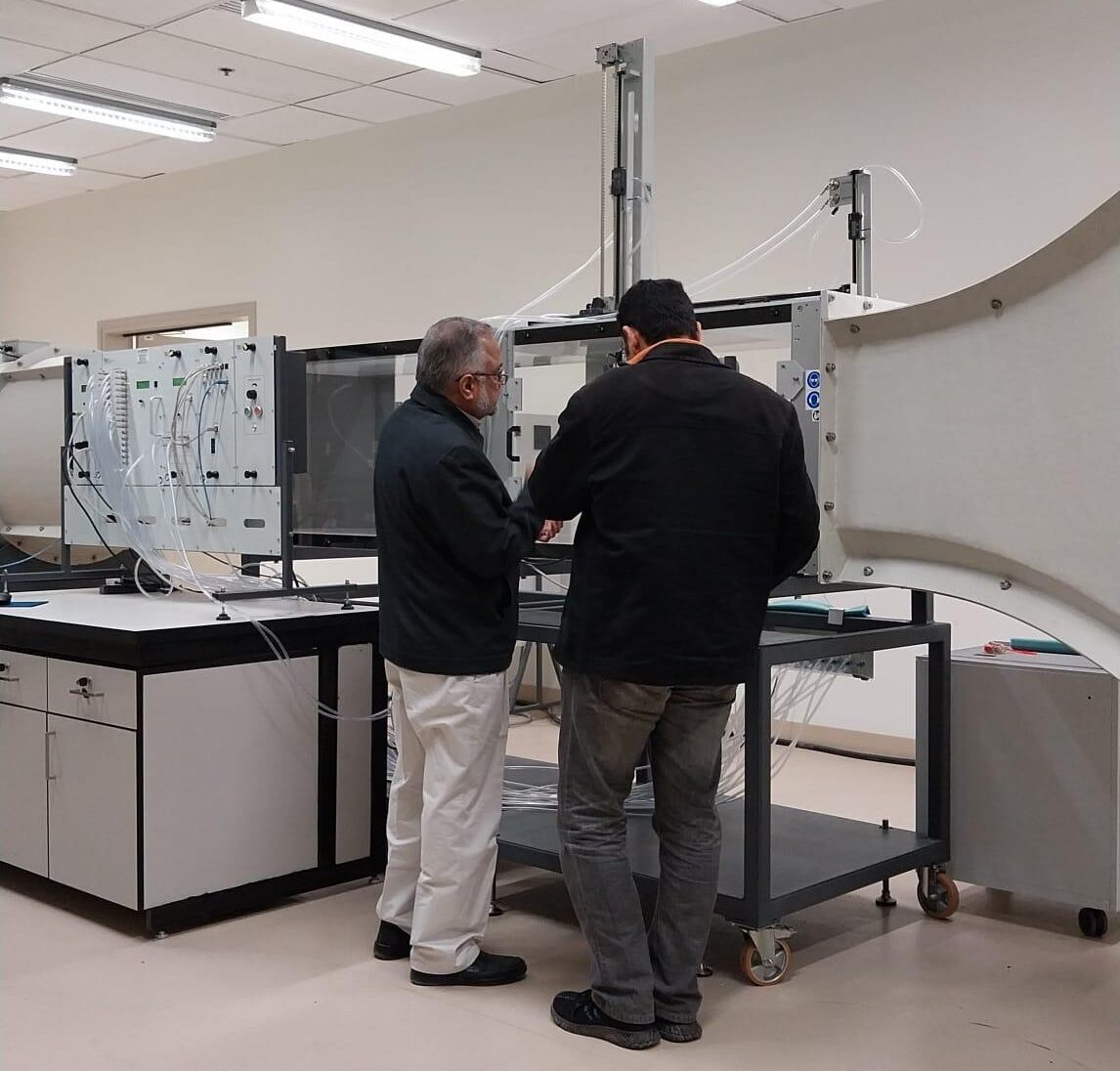
Preparing Students for Industry Demands
The engineering industry is in a state of constant evolution, driven by technological advancements and the ever-increasing complexity of global challenges. To thrive in this environment, students need more than just academic knowledge—they need practical skills and the ability to apply them effectively.
Employers across the industry have long recognised this need, which is why there is a growing emphasis on vocational training, apprenticeships, and practical experience in educational programmes. By working with industry-standard equipment, students gain a realistic understanding of the tools and techniques they will encounter in their professional lives. This practical experience gives them a competitive edge, making them more attractive to employers and better prepared for the demands of the workforce.
Not only does working with industry-standard equipment provide hands-on experience it’s also a provider of experiential learning which can positively impact a student’s attitude. Working with equipment helps increase a student’s interest and excitement in a subject, enables active participation: an enabler for critical thinking, analysis, and problem solving, and even use any experiment failures as opportunities to learn, adapt and grow as individuals. This is all preparing them for the demands of the industry and showing them the relevance of what they are learning.
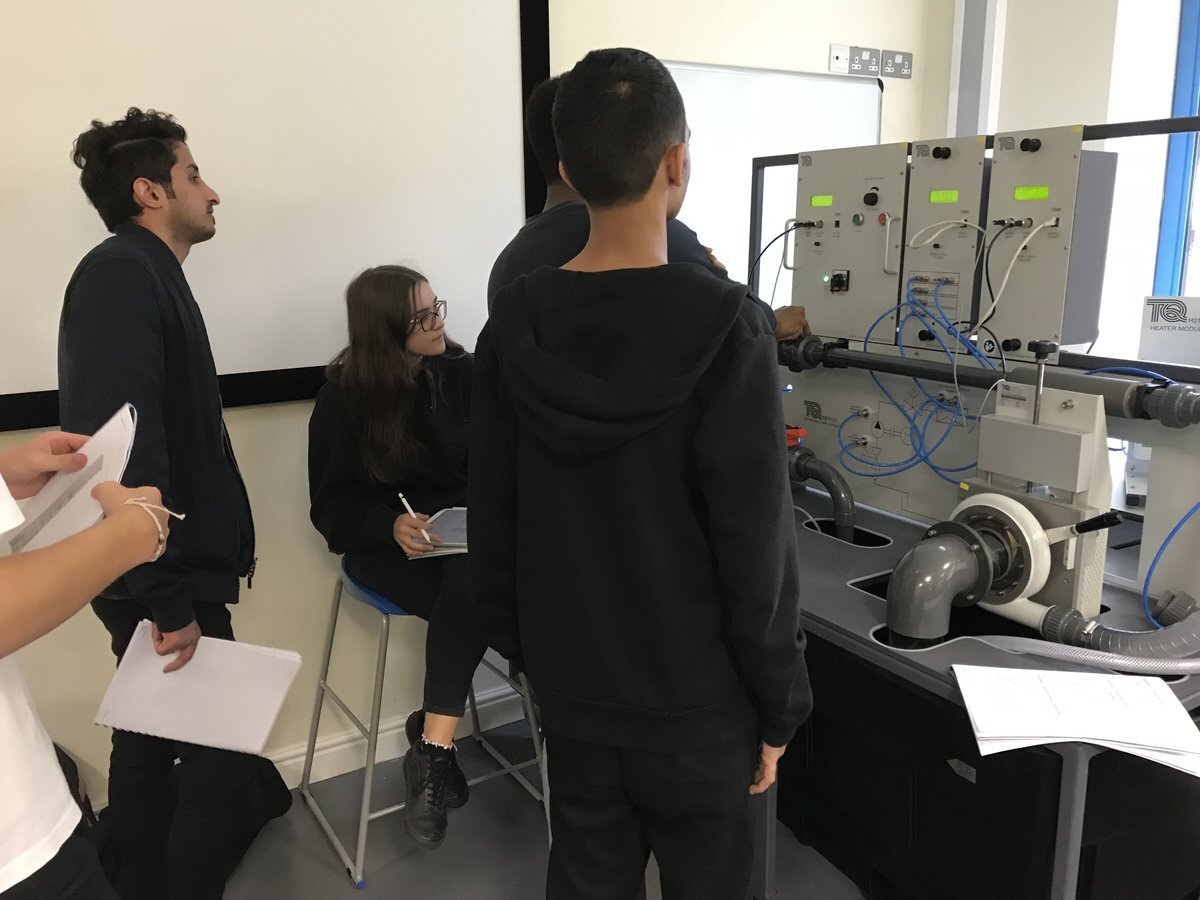
The Future of Engineering Education
At TecQuipment, we are committed to supporting educators in delivering the highest quality engineering education, one that prioritises practical experience alongside theoretical knowledge. Providing students with the tools and opportunities to apply their knowledge in practical settings. We believe that this holistic approach is key to developing the engineers of tomorrow—professionals who are not only technically proficient but also innovative, confident, passionate, adaptable, and skilled to tackle the challenges of the future and succeed.
As the demand for skilled engineers continues to grow, the importance of hands-on learning will only increase as a fundamental component.
We are proud to be at the forefront and the supplier of choice for providing practical teaching lab equipment, empowering the next generation of engineers to reach their full potential through our teaching solutions available here:
https://online.flippingbook.com/view/710797451/
Introduction-to-TecQuipment.pdf
Access our product portfolio: https://online.flippingbook.com/view/710797451/

